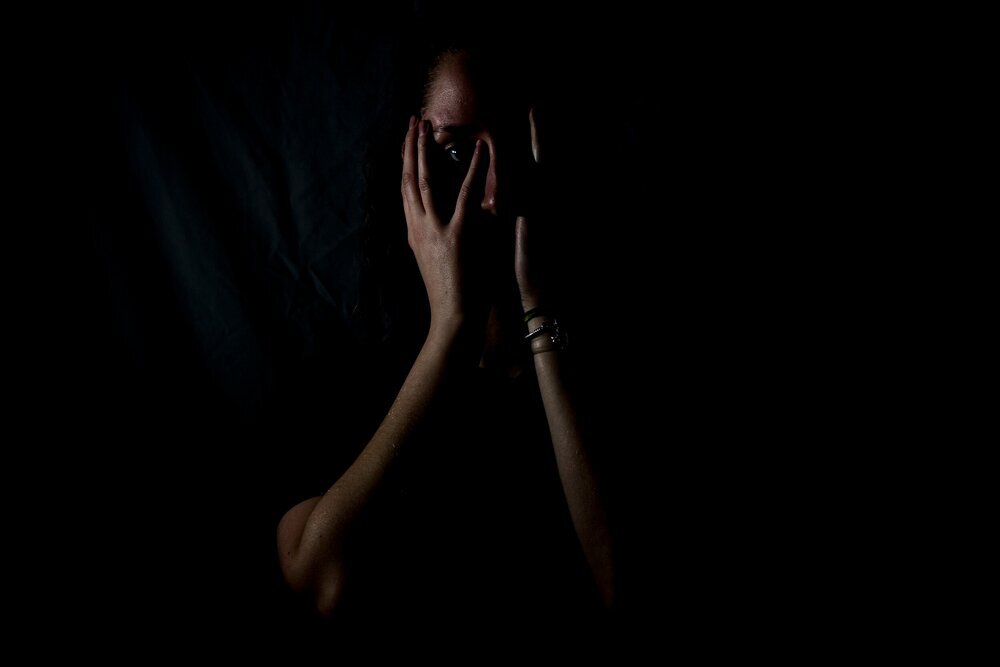April 26, 2020
This Week in Human Rights News
DOMESTIC VIOLENCE IN LEBANON
Source: AI Monitor
Since the Lebanese government imposed a mandatory quarantine in mid-March to limit the COVID-19 outbreak, cases of domestic violence have increased in the country.
Domestic violence affects not only women but also children, and it ranges from verbal and psychological to physical and even sexual abuse. Recent reports indicate that the surge in domestic violence under lockdown is not limited to Lebanon, but part of a wide global trend.
According to Al-Monitor, calls to the domestic violence hotline increased by 110% in March 2020, with 97 complaints compared to 44 in March 2019.
On 16 April, the non-governmental Abaad organization, established in 2011 to fight for gender equality, called on people to stand on their balconies and hang sheets with the number of the domestic violence hotline to show solidarity and reassure battered women that help is available. The campaign was dubbed #LockDownNotLockUp.
Abaad director, Ghida Anani, noted that women tend to seek three things from the organization: advice and psychological support, financial support and shelter at an average of four to six requests per week.
Abaad is also calling on the government to include the domestic violence issue to its emergency plan on the [coronavirus] situation.
BRAZIL: COVID-19 EXACERBATING INEQUALITIES
Source: The Guardian
More than 13 million people live in Favelas in Brazil. Rio’s favelas house about 20% of the city’s 6.7 million residents. House structures and dense population makes it difficult for people to self-isolate or practice social distancing in favelas.
Defying President Jair Bolsonaro’s orders, Rio’s governor has enacted a partial lockdown.
Paulo Lotufo, an epidemiologist at the University of São Paulo, warned that its proliferation in such places could exact a terrible human toll on residents lacking access to (private) healthcare or sometimes even basic sanitation. Some residents go days without access to water.
Bolsonaro has called for the easing of Covid-19 protective measures in an attempt to ingratiate himself with the poor.
Right now, people in the favelas are suffering because of the economic impacts of the lockdown, but if measures are lifted, the health of the community will be at risk.


